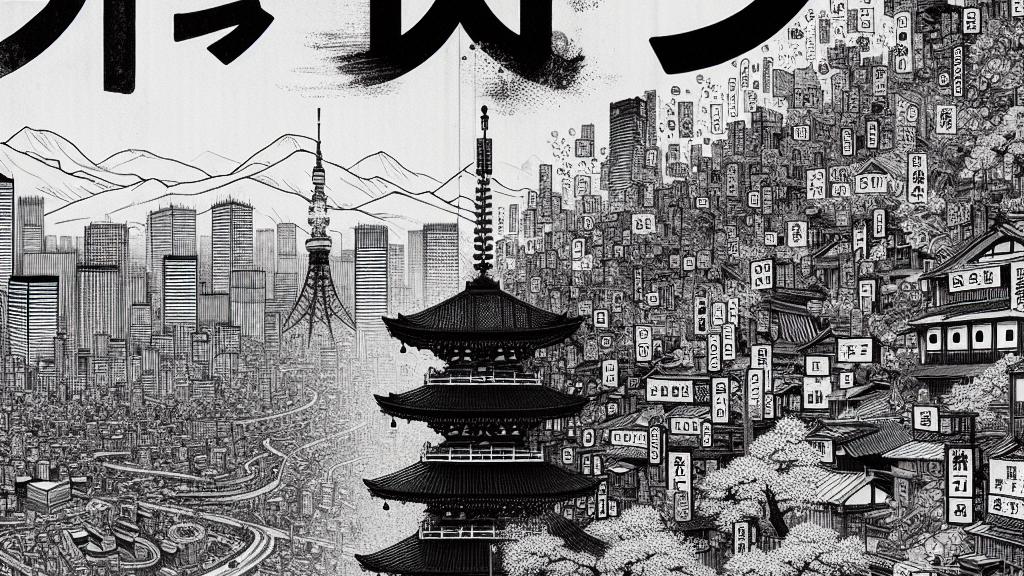Tokyo's Radical Rebranding: Goodbye to 'Unsound Literature'!
Overview
- Tokyo is on the verge of renaming 'unsound literature' to improve understanding and access.
- This change is driven by a strong coalition of manga creators advocating for a more neutral term.
- The new label aims to eliminate stigma and foster a supportive environment for diverse literary works.

Transforming Language and Perception in Tokyo
In a landmark decision, the Tokyo Metropolitan Government has announced plans to change the contentious term 'unsound literature,' which has long been associated with negative societal perceptions and market restrictions. Rising from a significant petition by the Japanese Manga Artists Association, the initiative recognizes that the current label not only misrepresents the content but also stifles creativity and limits access to a broad spectrum of literature. Proponents argue that by adopting clearer, more neutral terminology, they can reshape public discourse around these works and foster a more informed understanding of artistic expression. The government’s proactive approach highlights its commitment to adapting cultural policy to better reflect contemporary values and experiences, as the stigma surrounding 'unsound literature' has led to a misunderstanding of the works that fall under this label.
A Collective Call to Action from Manga Creators
Leading the charge for this significant change are influential manga artists, including George Morikawa, who have banded together with colleagues across the industry to voice their concerns. Their collective efforts resulted in a highly organized campaign, gathering support from over 112 artists who signed the petition addressed to the Tokyo Metropolitan Assembly. They argue that the existing label has a chilling effect on the dissemination of creative works, as publishers and retailers often self-censor out of fear of public backlash or misinterpretation. The term 'unsound literature' creates a barrier to entry that disproportionately impacts manga and alternative literary genres, discouraging publishers from taking risks with content that challenges the status quo. This movement not only aims to change a name but strives to transform the cultural landscape, empowering creators to freely express themselves without fear of restrictive categorization.
Cultural Shifts and Future Possibilities
As discussions continue around the new designation, expected to be named '8条の規定による図書,' the implications extend beyond a mere linguistic update. This initiative signals a broader cultural shift within Tokyo and potentially across Japan, encouraging a reassessment of how literature is categorized and perceived. By moving away from stigmatizing language, the local government is not only affirming its support for diverse narratives but also setting a precedent that may inspire other regions to pursue similar reforms. As the transition unfolds, it is anticipated that not just the manga industry, but various literary sectors may experience a renaissance, wherein previously marginalized voices are amplified, and innovative storytelling is embraced. This progressive step may redefine public understanding of literature, paving the way for a future where creativity is celebrated in all its forms and forms the foundation of a vibrant cultural discourse.

Loading...